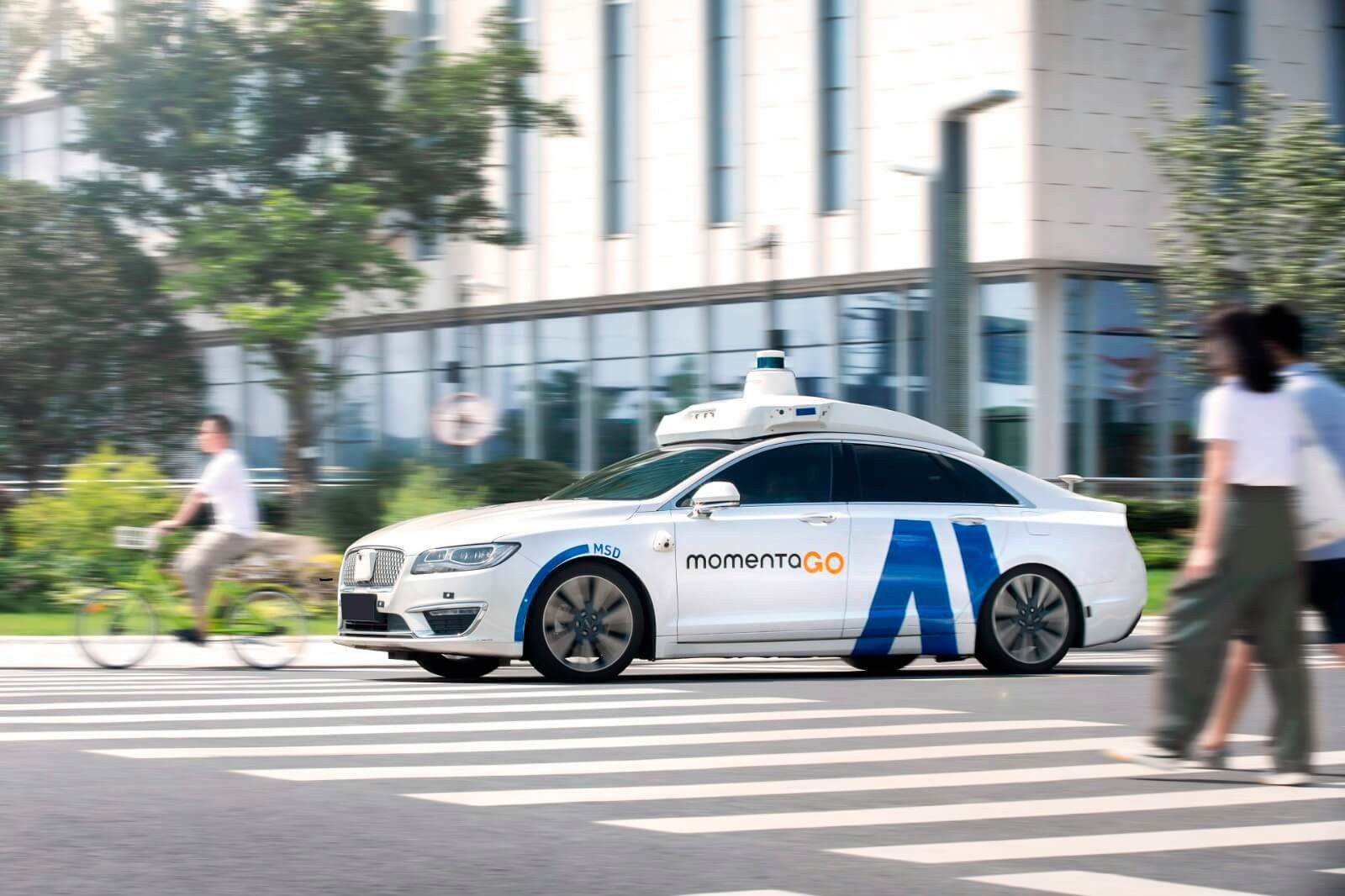
uber and momenta to test autonomous vehicles Uber is set to collaborate with Momenta to conduct tests of autonomous vehicles in Germany starting in 2026, marking a significant step in the evolution of self-driving technology.
uber and momenta to test autonomous vehicles
Background on Uber’s Autonomous Vehicle Strategy
Uber has long been a pioneer in the ride-hailing industry, but its ambitions extend far beyond just connecting drivers and passengers. The company has invested heavily in autonomous vehicle (AV) technology, recognizing its potential to transform urban mobility. This initiative is part of Uber’s broader strategy to enhance its services across ride-hailing, delivery, and freight operations.
To bolster its efforts in the AV space, Uber has formed partnerships with various companies specializing in autonomous technology. Currently, Momenta is one of 20 global AV partners that Uber has engaged with. These collaborations are designed to leverage the strengths of each partner, facilitating the development and deployment of self-driving vehicles across different markets.
The Role of Momenta
Momenta, a Chinese autonomous driving technology company, has made a name for itself in the AV sector by focusing on high-definition mapping and advanced perception technologies. With a strong background in artificial intelligence and machine learning, Momenta aims to create a robust framework for autonomous driving systems.
The partnership with Uber represents a significant opportunity for Momenta to expand its reach into the European market, particularly in Germany, which is known for its stringent automotive regulations and advanced infrastructure. Testing in Germany will allow Momenta to validate its technology in a diverse range of driving conditions, contributing to the overall safety and reliability of its autonomous systems.
Testing in Germany: What to Expect
The decision to conduct tests in Germany is strategic for several reasons. Germany is home to some of the world’s leading automotive manufacturers and has a well-established regulatory framework for autonomous vehicles. This environment provides a unique opportunity for Uber and Momenta to refine their technologies in a market that is both competitive and highly regulated.
The tests are expected to focus on various aspects of autonomous driving, including:
- Safety protocols and risk management
- Navigation in complex urban environments
- Integration with existing transportation systems
- Public acceptance and user experience
By addressing these areas, Uber and Momenta aim to create a comprehensive understanding of how autonomous vehicles can operate effectively in real-world scenarios.
Implications for the Autonomous Vehicle Market
The collaboration between Uber and Momenta is indicative of a larger trend in the autonomous vehicle market. As companies recognize the potential of self-driving technology, partnerships are becoming increasingly common. These alliances allow companies to pool resources, share knowledge, and accelerate the development of AV technologies.
Moreover, the partnership underscores the importance of regulatory compliance in the deployment of autonomous vehicles. As governments around the world begin to formulate policies regarding AVs, companies must navigate a complex landscape of regulations. Testing in Germany will provide valuable insights into how to meet these regulatory requirements while ensuring safety and efficiency.
Stakeholder Reactions
The announcement of this partnership has garnered attention from various stakeholders, including industry experts, regulatory bodies, and consumers. Many experts view the collaboration as a positive step toward the widespread adoption of autonomous vehicles. They argue that partnerships like this one can help accelerate innovation and bring safer, more efficient transportation options to the market.
Regulatory bodies in Germany are likely to monitor the tests closely, as the outcomes could influence future regulations surrounding autonomous vehicles. The success of these tests may pave the way for more lenient regulations, facilitating the broader deployment of AVs across Europe.
Consumers, on the other hand, remain cautious. While there is excitement about the potential benefits of autonomous vehicles, concerns about safety and reliability persist. Public perception will play a crucial role in the acceptance of AV technology, and successful testing in Germany could help alleviate some of these concerns.
Uber’s Broader AV Ecosystem
Uber’s partnership with Momenta is just one piece of a larger puzzle. The company has been actively building an ecosystem of AV partnerships that span various sectors, including ride-hailing, delivery, and freight. This diversified approach allows Uber to explore multiple avenues for integrating autonomous technology into its operations.
As of now, Uber claims that its partnerships have generated an annualized rate of 1.5 million mobility and delivery services. This figure highlights the growing demand for AV solutions across different markets and underscores the potential for significant revenue generation in the future.
Challenges Ahead
Despite the promising outlook, the path to widespread adoption of autonomous vehicles is fraught with challenges. Technical hurdles remain, including the need for advanced algorithms that can handle complex driving scenarios and the integration of AVs into existing transportation networks.
Moreover, public acceptance remains a significant barrier. Many consumers are still skeptical about the safety of autonomous vehicles, particularly in urban environments where unpredictability is high. Addressing these concerns will require transparent communication and consistent demonstration of safety and reliability during testing phases.
Future Prospects
The collaboration between Uber and Momenta represents a crucial step toward the realization of autonomous vehicle technology in urban settings. As testing begins in Germany in 2026, the outcomes will likely have far-reaching implications for the future of transportation.
Successful tests could lead to the deployment of autonomous vehicles in other markets, expanding Uber’s service offerings and potentially revolutionizing how people and goods are transported. Additionally, the partnership may inspire other companies to pursue similar collaborations, further accelerating the pace of innovation in the AV sector.
In conclusion, the partnership between Uber and Momenta is a significant development in the autonomous vehicle landscape. As both companies prepare to test their technologies in Germany, the outcomes will not only impact their operations but also shape the future of transportation on a global scale.
Source: Original report
Was this helpful?
Last Modified: September 8, 2025 at 6:25 pm
2 views















